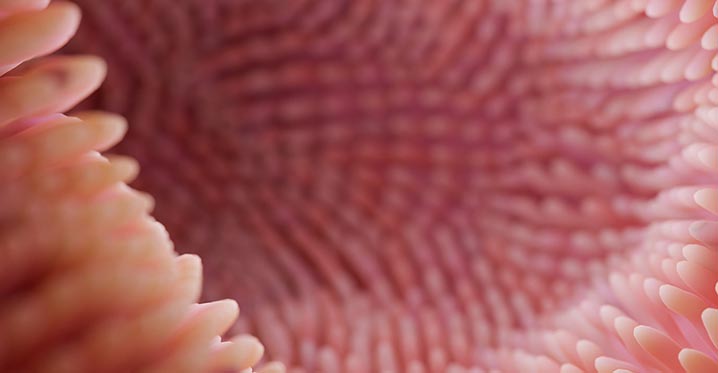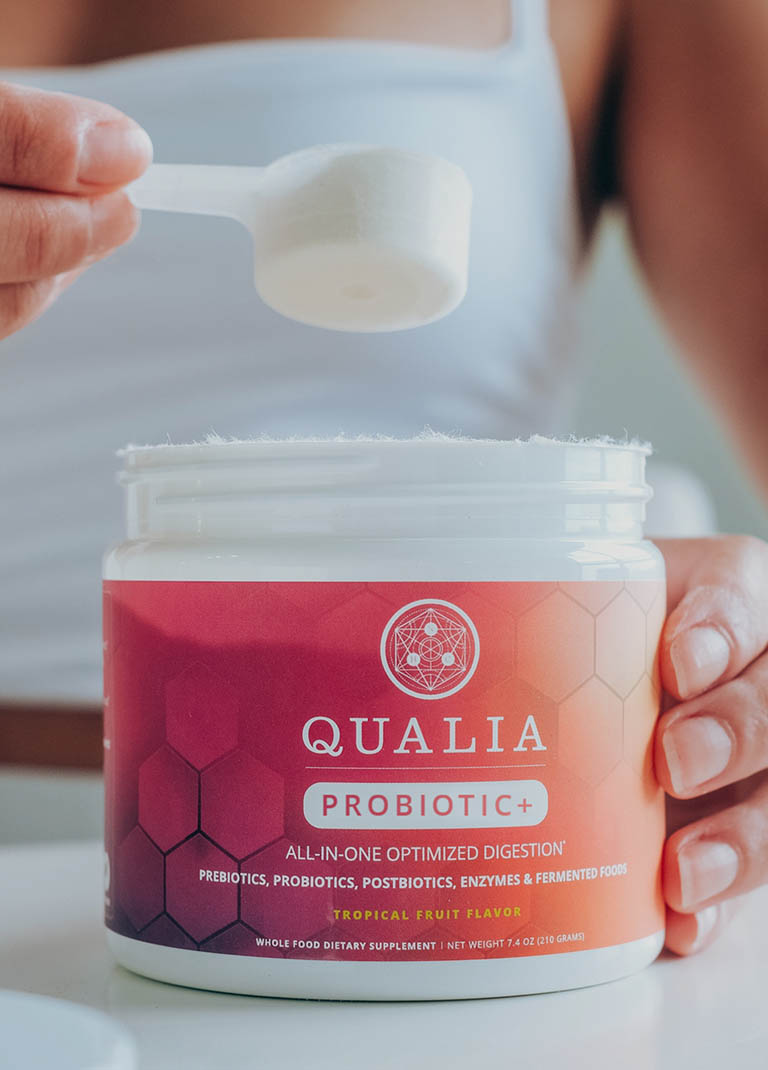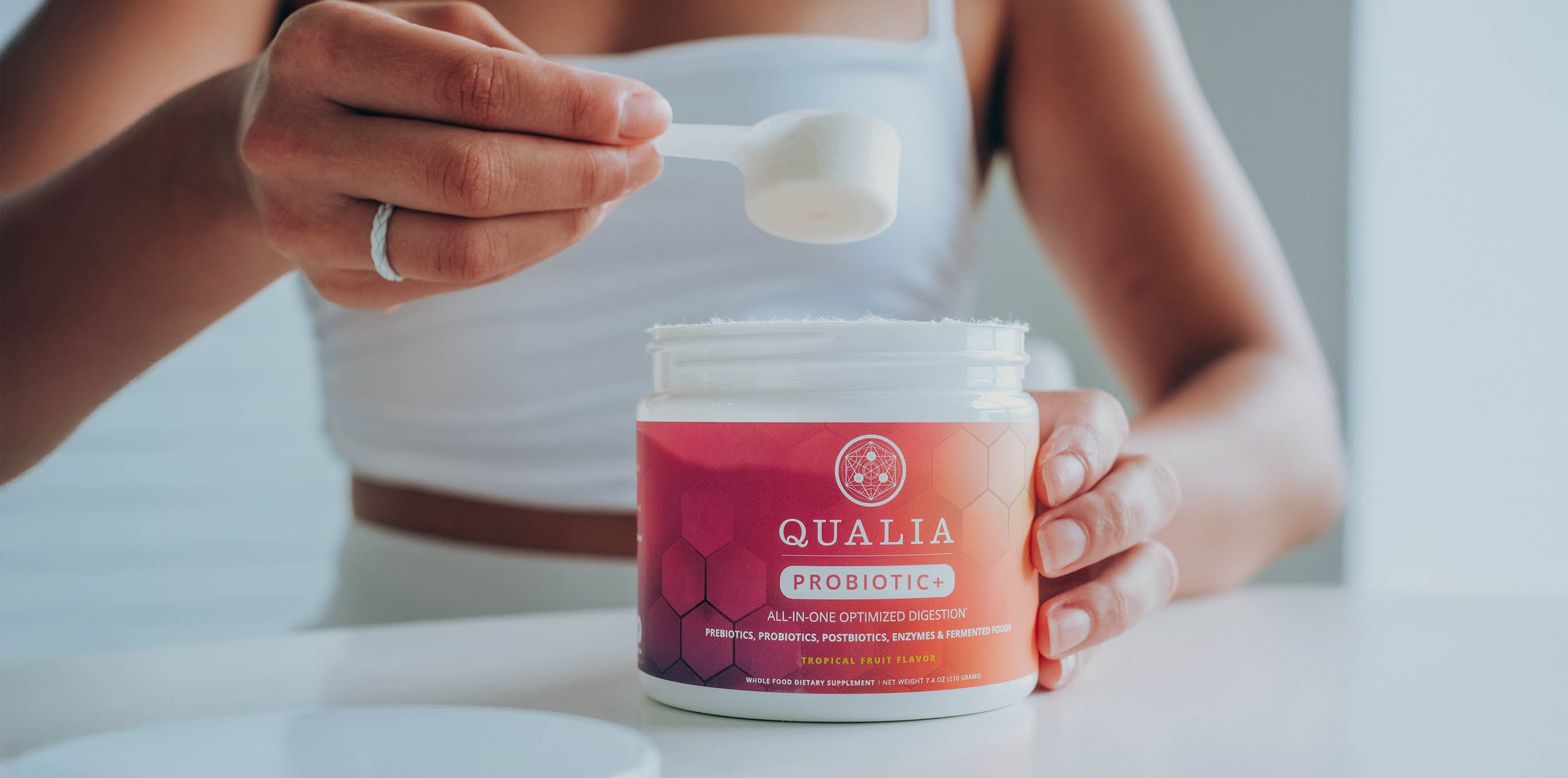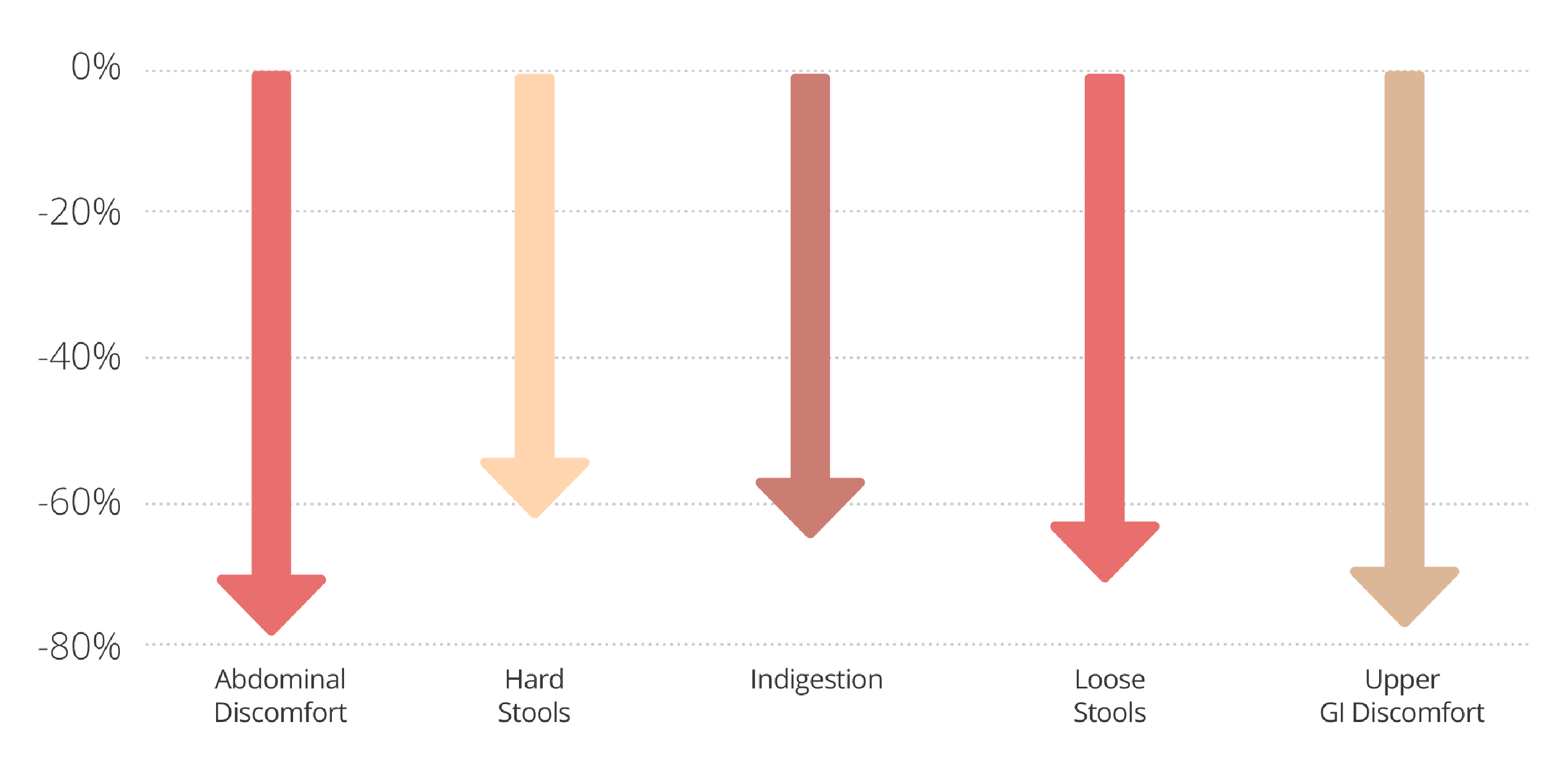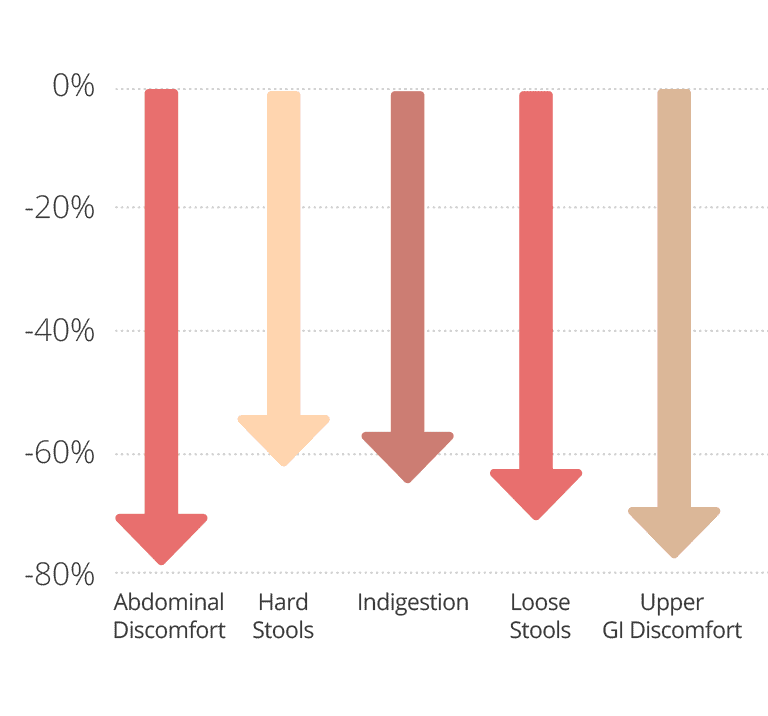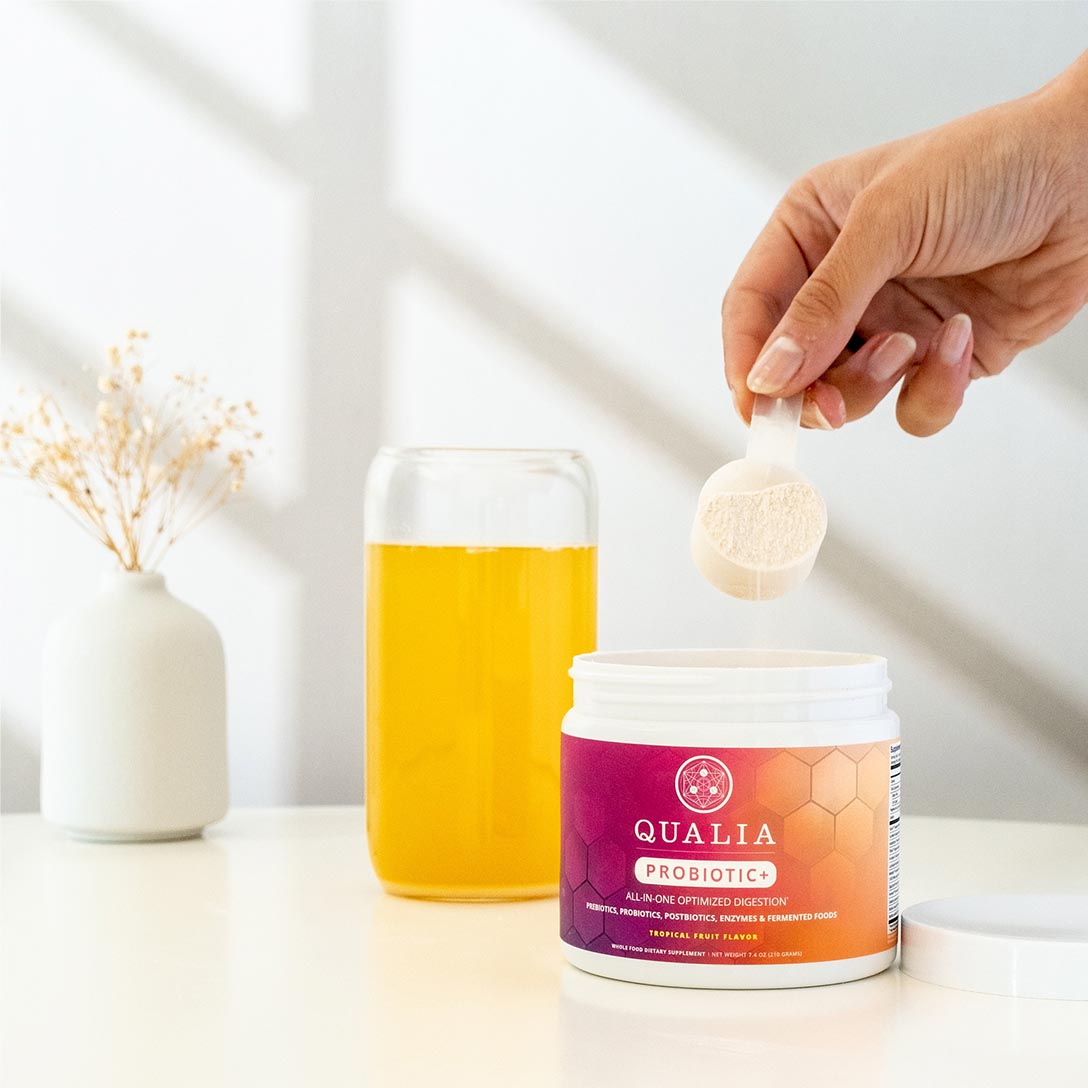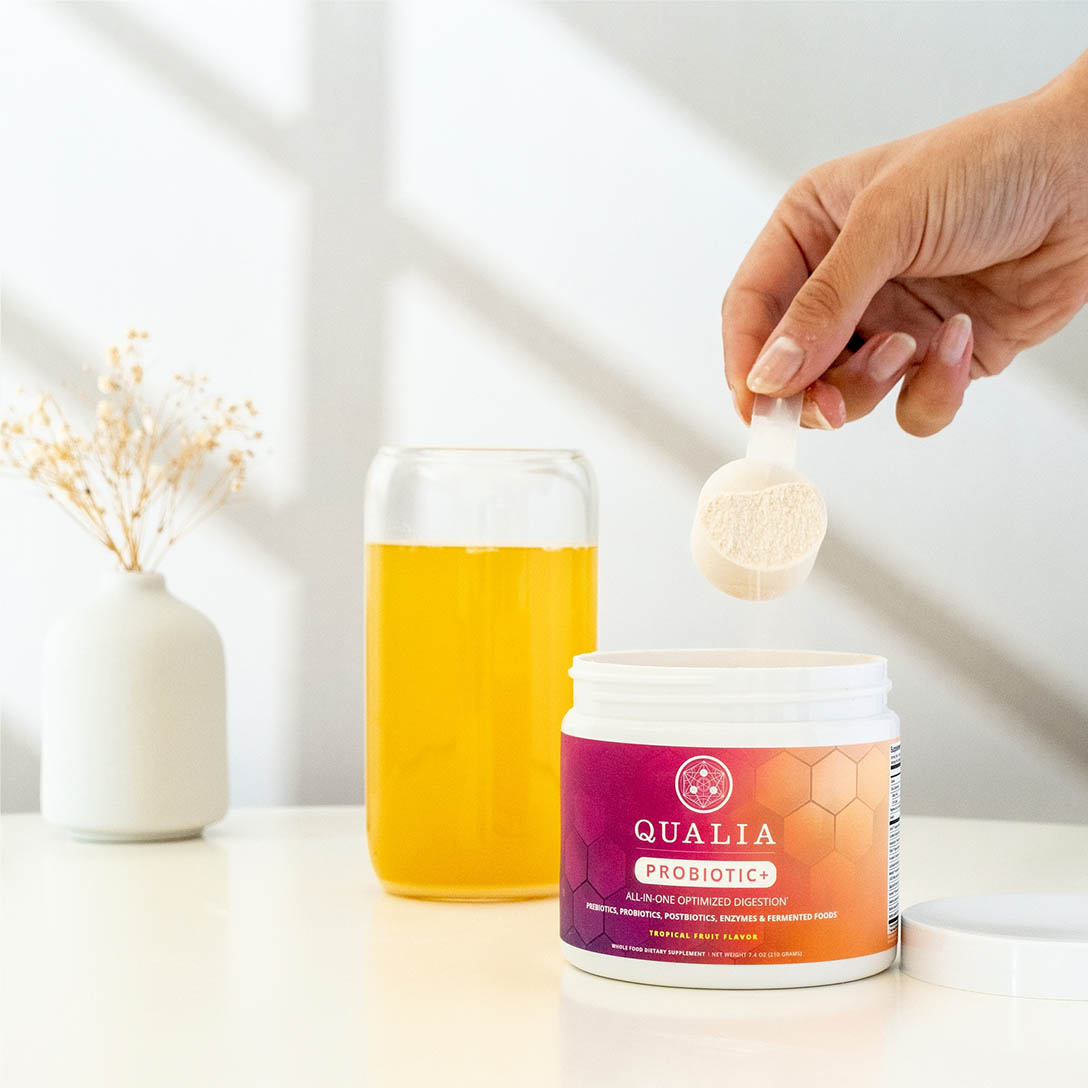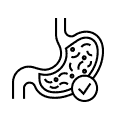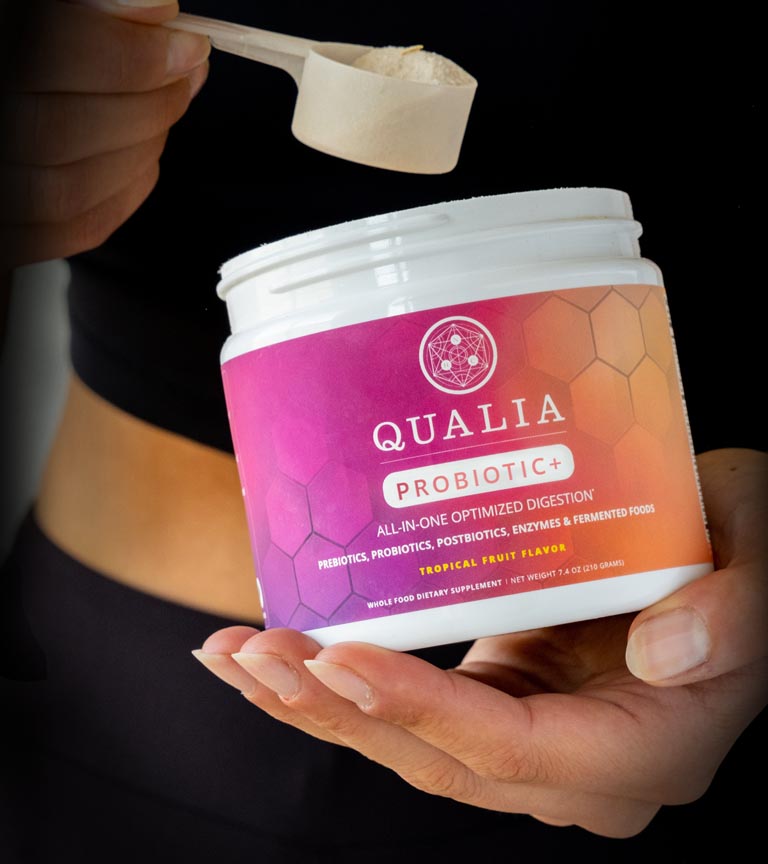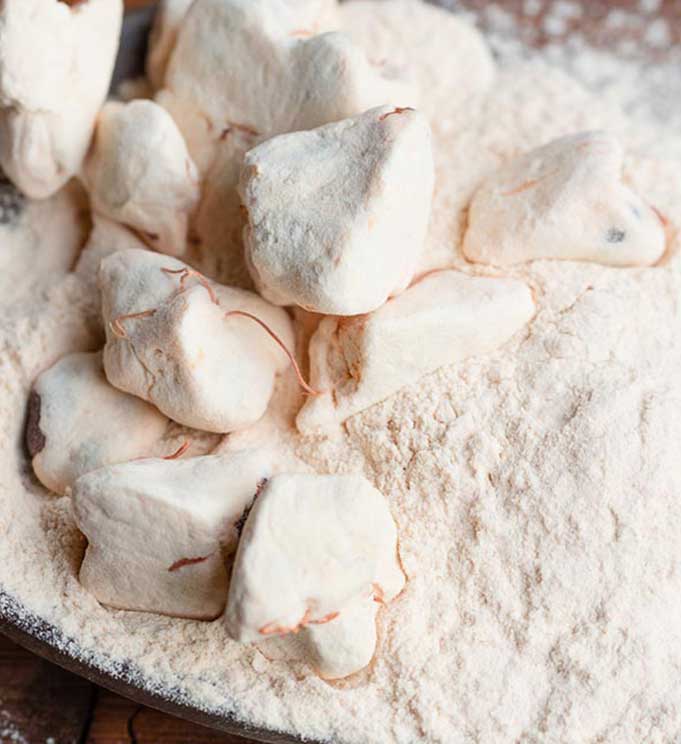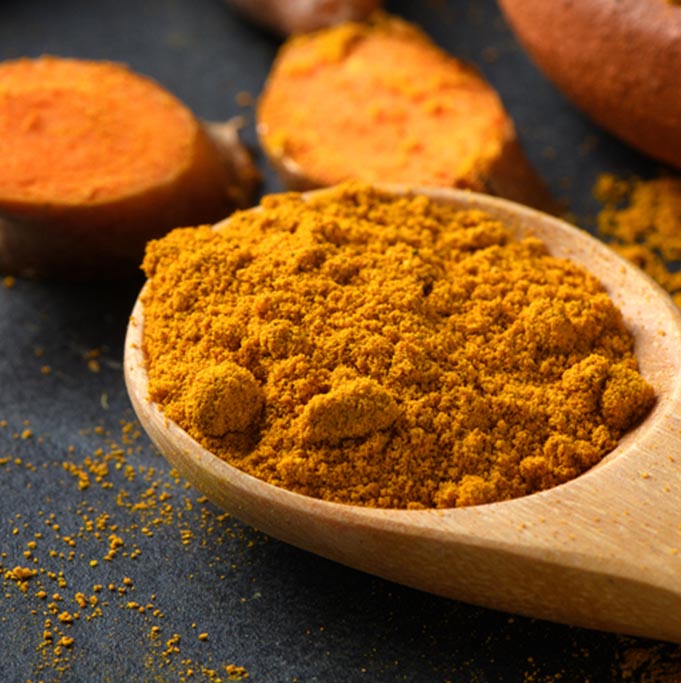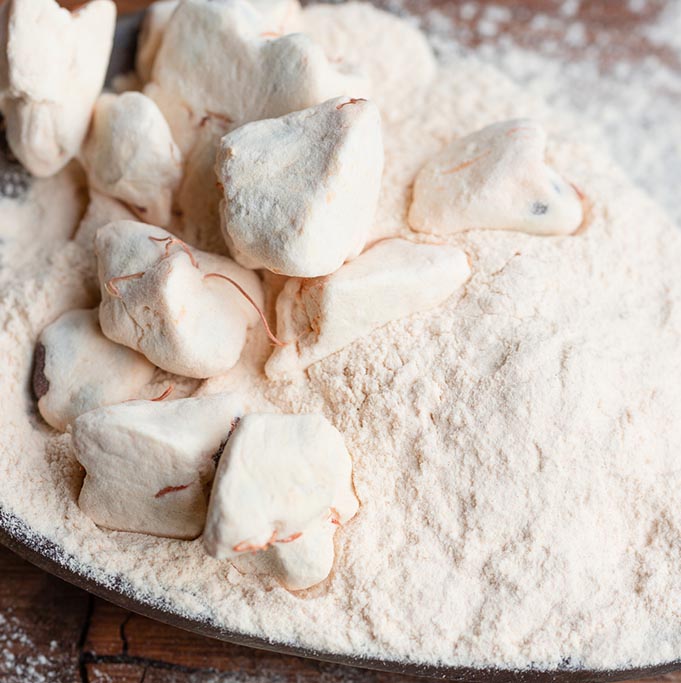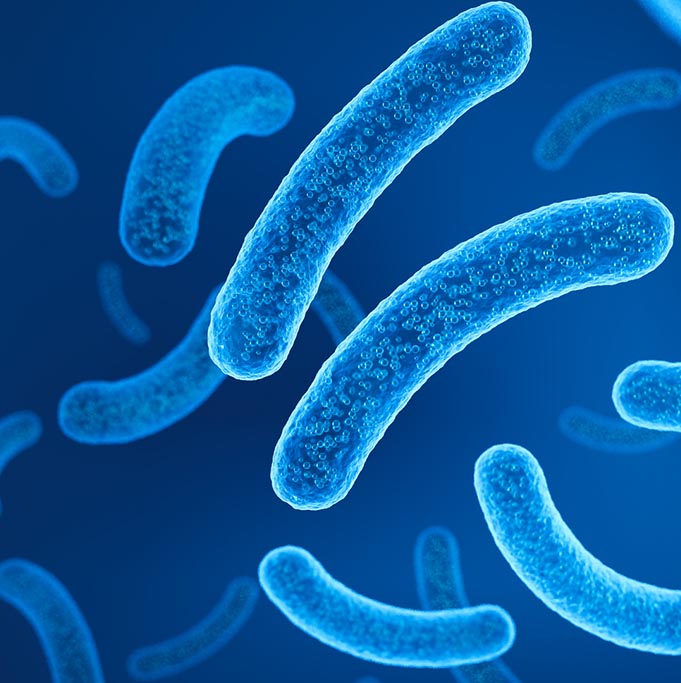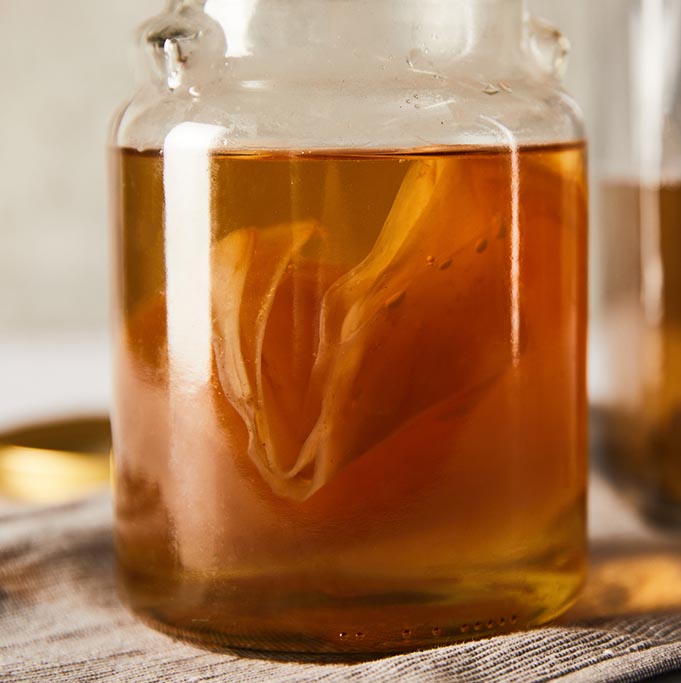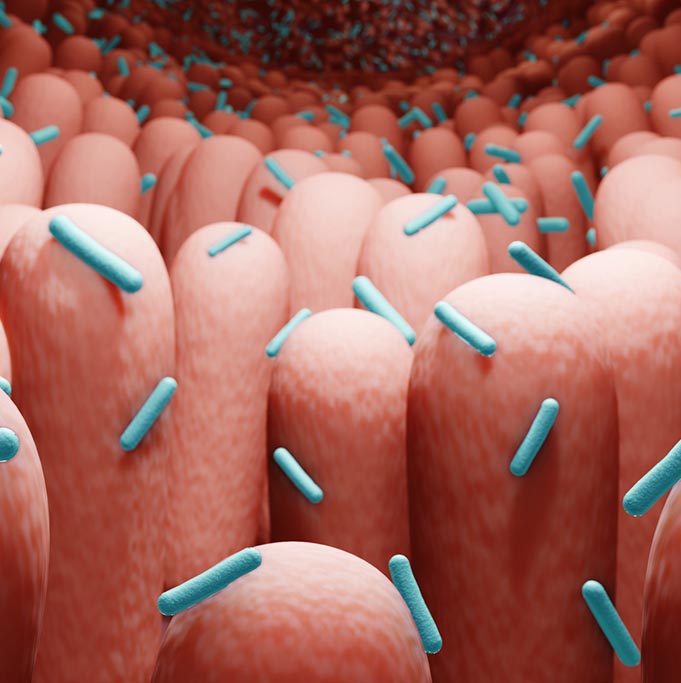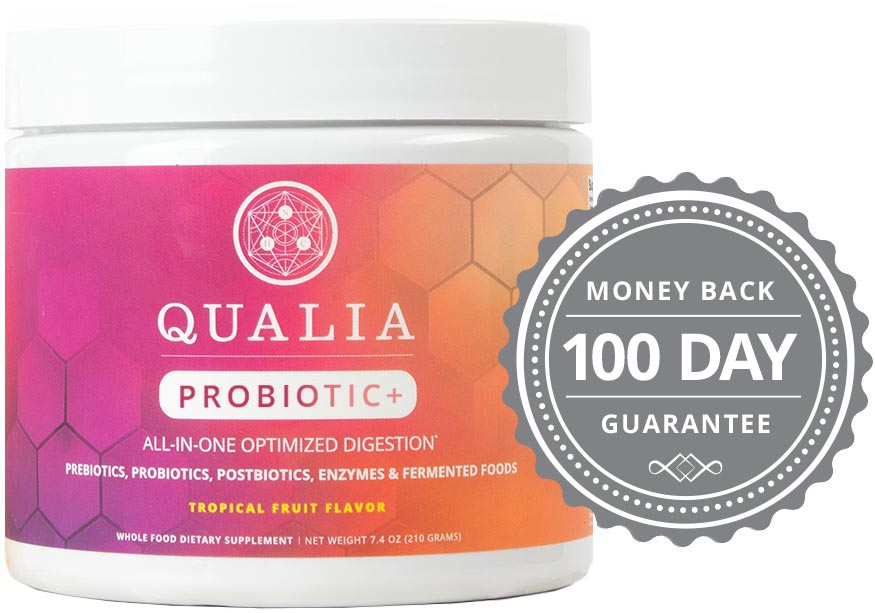SmartSeed™ Celastrus paniculatus Seed Extract The Celastrus paniculatus plant, also known in South Asia as “the intellect tree”, has seeds used for centuries as a brain tonic to support mental sharpness and memory. SmartSeed™ is a proprietary extract only found in Qualia products. It supports healthy acetylcholine signaling, which is an important neurotransmitter involved in attention, learning, memory, and neuroplasticity.*
N-Acetyl-D-Glucosamine (NAG) is a fermentable amino sugar shown to have several biological roles that support healthy gut-brain functions. It is part of some of the complex molecules in connective tissue, myelin, human breast milk, and mucus and is essential for building molecules used as food by some friendly bacteria. NAG-containing oligosaccharides were first identified more than 50 years ago as the 'bifidus factor' in human breast milk, supporting the growth of intestinal bifidobacteria. Some of the beneficial bacteria that live in mucus rely on NAG and NAG-containing molecules.
Magnesium (from Aquamin® Mg) Magnesium is one of the most abundant minerals in the body and plays a vital role in supporting the function of all living cells. It’s used in more than 300 enzymes. All enzymes which use ATP (the molecule cells use as their primary energy source) require magnesium to support their activity. The same is true for enzymes that synthesize DNA and RNA, so magnesium is constantly involved in a broad range of vital health functions. Aquamin® Mg is a bioavailable source of magnesium that also contains lesser amounts of 71 other minerals and has been studied for supporting gut microbiota.
Solnul™ is a source of resistant starch obtained from potatoes. Resistant starch is starch that's resistant to digestion (our digestive enzymes don’t break it down), which allows it to be used as food for good gut bacteria. Starchy foods have been in the human diet for tens of thousands of years. The main difference today is that starchy food products are often refined to improve their taste, appearance, and texture. But highly refined starches lose nearly all their nutrients and fiber, depriving gut microbes of one of their favorite foods—resistant starch. Resistant starch reaches the colon undigested like insoluble fiber and thereby supporting digestive health.
Sunfiber® is a clinically studied soluble fiber containing 100% partially hydrolyzed guar gum (PHGG). It is sometimes called guar fiber or galactomannan fiber. The starting material for PHGG is guar beans. These are seeds of the guar plant (Cyamopsis tetragonolobus L.), which is native to western India. Guar gum is extracted from guar beans to produce a high-viscosity soluble fiber (viscosity means a fiber that forms a gel). High-viscosity fibers can support healthy bowel function—viscous fibers add bulk to stools—but are relatively poor prebiotics.* Sunfiber® differs from guar gum because it has been partially hydrolyzed (i.e., partially broken down) with fermentation-derived enzymes from a probiotic fungus (Aspergillus niger), decreases its viscosity, making it a better prebiotic fiber than guar gum.
Bacillus subtilis is a spore-forming probiotic (sometimes described as a sporebiotic). It was first isolated in 1832. Bacillus subtilis is considered to be a soil-based organism (or SBO), because it can be found in the soil and in decaying plant matter (such as hay). Bacillus subtilis have also long been used in foods, particularly in the preparation of alkaline-fermented foods. Spore-forming probiotics, like Bacillus subtilis, can be thought of as being akin to seeds from plants that germinate and grow when placed in the right conditions. The naturally protected spore form allows Bacillus subtilis to be: (1) stable at room temperature (2) remain dormant to survive the harsh conditions of the stomach, and (3) germinate and proliferate when it reaches the intestine.
Bacillus clausii (recently renamed Alkalihalobacillus clausii) is a spore-forming probiotic. It is considered to be a soil-based organism (or SBO), because it can be found in the soil. Bacillus clausii has been found in the normal microflora of the gut in healthy adults and children. It is stable at room temperature (i.e., it does not require refrigeration), remains dormant to survive the harsh conditions of the stomach, and germinates and proliferates when it reaches the intestine.










